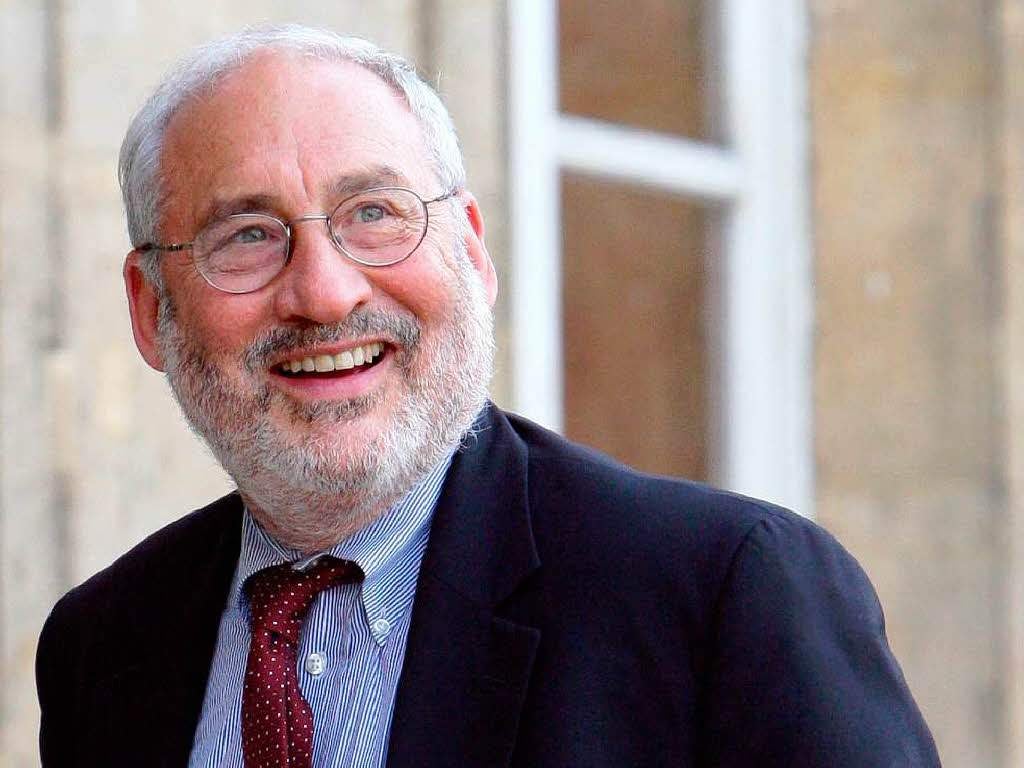
One of the world’s leading economists has joined calls for a global minimum tax rate on billionaires.
Joseph Stiglitz, a Nobel Memorial Prize winner who has written extensively on the topics of globalisation and inequality, has suggested that ‘it is time to establish a global minimum tax on the very rich.’
‘If citizens don’t believe that everyone is paying their fair share of taxes— and especially if they see the rich and rich corporations not paying their fair share—then they will begin to reject taxation,’ Stiglitz wrote in the foreword for a prominent new report on global tax evasion.
The Global Tax Evasion 2024 report, published on Monday, calls for a minimum global tax rate of 2 per cent to be levied on more than 2,500 billionaires worldwide. This, it calculates, could generate ‘close to $250 billion’. The report was produced by the EU Tax Observatory, a ‘research laboratory’ founded in 2021 which is part of the Paris School of Economics and receives funding from the European Union.
[See also: The best tax, structuring and offshore experts for high-net-worth individuals in 2023]
The report notes it is common for global billionaires to use shell companies as a means to avoid income taxation. This leads to effective tax rates of between only 0-0.5 per cent among the super wealthy.
‘To date, no serious attempt has been made to address this situation, which risks undermining the social acceptability of existing tax systems,’ the report adds. ‘Using a holding company allows wealthy owners of publicly listed corporations that distribute dividends to avoid paying taxes on these dividends.’
A concerted effort to tax billionaires around the globe
The report also looked at the revenue generation potential the 2 per cent levy would have in different regions. Researchers suggest this is ‘the first time that such a proposal has been detailed and quantified’.
Using figures from the World Inequality Report 2022, the report found that out of 499 European billionaires, a group which together hold wealth of more than $2,400 billion, a minimum wealth tax of 2 per cent could generate $42.3 billion.
[See also: The best tax and trust barristers for high-net-worth individuals in 2023]
Meanwhile, 835 North American billionaires could contribute $72.3 billion with the ‘modest’ threshold, while taxing 838 East Asian billionaires could net $60.3 billion.
A total of 2,756 billionaires with a combined wealth of $12,916 billion were studied but the report found they currently pay a combined $44 billion in personal taxes.
In addition to studying the impact of a minimum global tax on billionaires, the report also considers the introduction of other proposals to reduce the ‘tax deficit’ paid between everyday citizens, wealthy individuals and multinational companies.
It suggests the OECD’s agreement on a minimum global corporate tax rate — known as Pillar 2 — could be reformed and raised to 25 per cent, and called for the creation of a ‘global asset registry’ system, which could help to increase transparency and fight against tax evasion.
[See also: The best accountants and tax advisers for high-net-worth individuals in the UK in 2023]
‘Particularly disappointing have been the efforts undertaken under the OECD BEPS (Base Erosion and Profit Shifting) Initiative, which began with such high hopes of creating a fairer global system for taxing corporations,’ Stiglitz writes.
‘The report documents how, since that initiative was launched, the magnitude of the problem has soared and how the proposed 15 per cent minimum corporate tax rate for multinational companies—at the onset, far too low—has been made largely toothless by a series of loopholes and “carveouts.”’
Non-dom regimes ripe for reform
The report, created through a collaboration of more than 100 global researchers, also suggests measures that could be put in place to effectively tax wealthy individuals who choose to move abroad to benefit from a regime with lower taxes.
Non-dom regimes are popular around the world. Current schemes in Italy, Portugal and the UK allow UHNWs who have previously been non-residents to take advantage of attractive flat-tax rates, with one-off payments allowing them to avoid paying local tax rates on their foreign income. The report ranked different countries based on the 'harmfulness' of their tax regimes which provide benefits for HNW individuals. Greece and Italy's rules aimed at enticing HNW residents were ranked at the top.
[See also: The best tax lawyers for high-net-worth individuals in 2023]
In the UK, the Labour Party has pledged to abolish the non-dom regime in its current form if elected, which is currently used by more than 50,000 UK non-dom residents.
‘Increasing mobility and the rise of work from home intensify tax competition over mobile workers. A recent study estimates that 3-15 per cent of all UK taxpayers could, in principle, work remotely and might thus become internationally mobile in the medium term,’ the EU Tax Observatory report notes.
‘This boosts the attractiveness of tax regimes for “non-domiciled” residents.'






